In the midst of busy cities and peaceful areas, there are families in Pakistan that are going through a process unlike others – the path of autism. Autism spectrum disorder (ASD) isn’t just an indication of a diagnosis, but an experience that is full of unique perspectives, obstacles, and victories. In Pakistan, a country where cultural norms and social norms influence opinions about the disability of people, knowledge and care for those with autism are essential, yet are often ignored. Join us for an emotional investigation as we dive into this world that is autism-related in Pakistan and share stories of strength, struggle, and hopes to build a better future.
Understanding Autism in Pakistan
Knowledge and care for those with autism are essential, yet they are often ignored. Join us on an emotional investigation as we explore the world of autism in Pakistan by sharing personal stories of strength, struggle, and hopes to build a better future.
Autism Spectrum Disorder (ASD) is believed to be caused by a combination of genetic and environmental factors. Extensive research on the causative factors such as infections, maternal health, pregnancy complications, pollution, and medications has primarily been conducted in the Western world. However, data on prevalence, etiological factors, presenting symptomatology, and treatment are limited in lower middle-income countries like Pakistan.
According to the Centers for Disease Control and Prevention (CDC), a press release in April 2018 estimated that 1 in 59 children in multiple communities in the United States had been identified with ASD, compared to 1 in 150 children in 2007. This increase in numbers can be attributed partially to better understanding and diagnostic skills of physicians, alongside the Diagnostic and Statistical Manual (DSM-5) which consolidates all pervasive developmental disorders (such as Asperger’s and PDD-NOS) under the umbrella of ASD. However, concerns persist regarding unknown environmental factors contributing to this rise.
Previously, vaccines, specifically the Measles, Mumps, and Rubella Vaccine (MMR), were implicated as a causative factor for ASD, but current research, including a meta-analysis by Luke et al., strongly refutes this claim. The evidence supports that the MMR vaccine does not increase ASD rates.
Autism spectrum disorder manifests as a multifaceted disorder that varies widely among individuals. It includes issues with social interaction, communication difficulties, sensory sensitivities, and repetitive behaviors. Some individuals with autism demonstrate extraordinary capabilities and talents, while others require significant support in their daily lives. It’s important to understand that autism is not a singular experience but rather a spectrum of experiences, with each person bringing their own unique perspective and challenges, including difficulties in social interactions, communication, and sensory processing.
Signs of Autism at any age
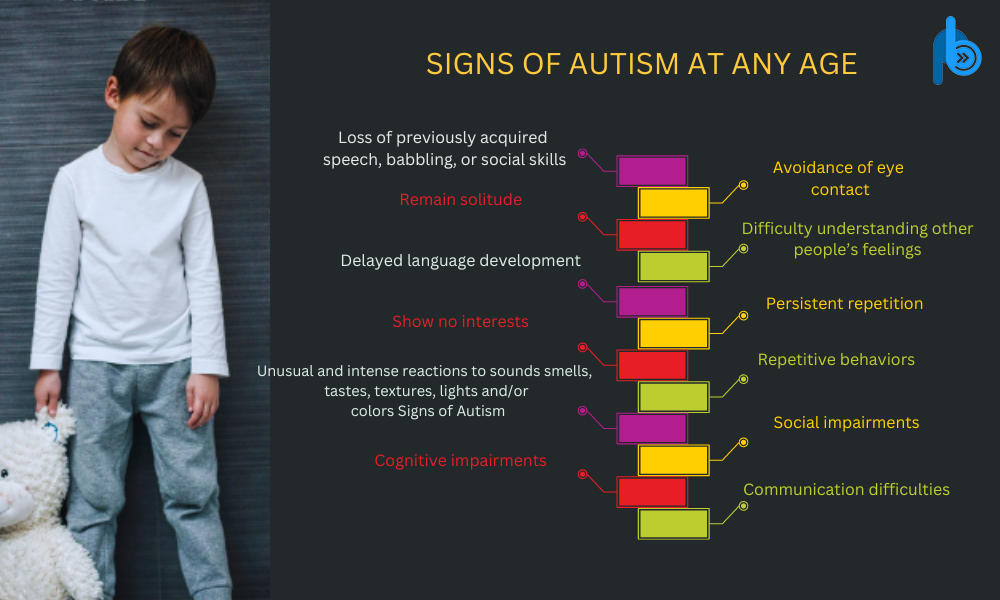
- Loss of previously acquired speech, babbling, or social skills
- Avoidance of eye contact
- Remain solitude
- Difficulty understanding other people’s feelings
- Delayed language development
- Persistent repetition
- Show no interests
- Repetitive behaviors
- Unusual and intense reactions to sounds, smells, tastes, textures, lights and/or colors Signs of Autism.According to national autism association ,Autism is a neurodevelopmental disorder characterized by:
- Social impairments
- Cognitive impairments
- Communication difficulties
- Repetitive behaviors
Early Signs:
- A person with ASD mightNot respond to their name (the child may appear deaf) ,Not point at objects or things of interest, or demonstrate interest ,Not play “pretend” games.
- Avoid eye contact and wowudk preferably be alone than in a crowd.
- They have difficulty understanding, or showing understanding, of other people’s feelings or even their own.
- They usually have no speech or delayed speech or they would occasionally.
- Repeat words or phrases over and over (echolalia).
- Give unrelated answers to questions.
- Get upset by minor changes.
- Have obsessive interests; flap their hands, rock their body, or spin in circles.
- Have unusual reactions (over or under-sensitivity) to the way things sound, smell, taste, look, or feel.
- Have low to no social skills.
- Avoid or resist physical contact.
- Demonstrate little safety or danger awareness.
- Reverse pronouns (e.g, says “you” instead of “I”)
Understanding Autism in the Pakistani Context
Understanding Autism: A Spectrum of Stories
Autism isn’t a singular story, but rather a range of different experiences, each individual as the people who are living them. From the busy streets in Karachi to the tranquil valleys of Gilgit-Baltistan, autism manifests in many ways, and encompasses issues with social interaction, communication, as well as sensory processing. However, in every problem is a story of strength as well as creativity and unlimited potential.
In the Heart of Pakistani Culture
There are some people in the people of Pakistan who, instead of doing this treatment, think that children are crazy or think that they are possessed by ghosts and their treatment is with the sages. And some people try to teach their children such children with slogans and children and force them to study with normal children.
In a country that is rich with family bonds and traditions and family ties, the path of autism takes on a distinctive shade. Families wrestle with the intersection of religion, culture, beliefs, and social norms and must navigate a path that is rife with confusion and uncertainty. But, in the midst of all that there is : there is love.One that is unbound by limits and drives the constant search for acceptance and only acceptance.
In Pakistan and across the world, beliefs in culture, religion, religious teachings, as well as social norms play an important influence on perceptions of disabilities, including autism.
Challenges Faced by Individuals and Families:
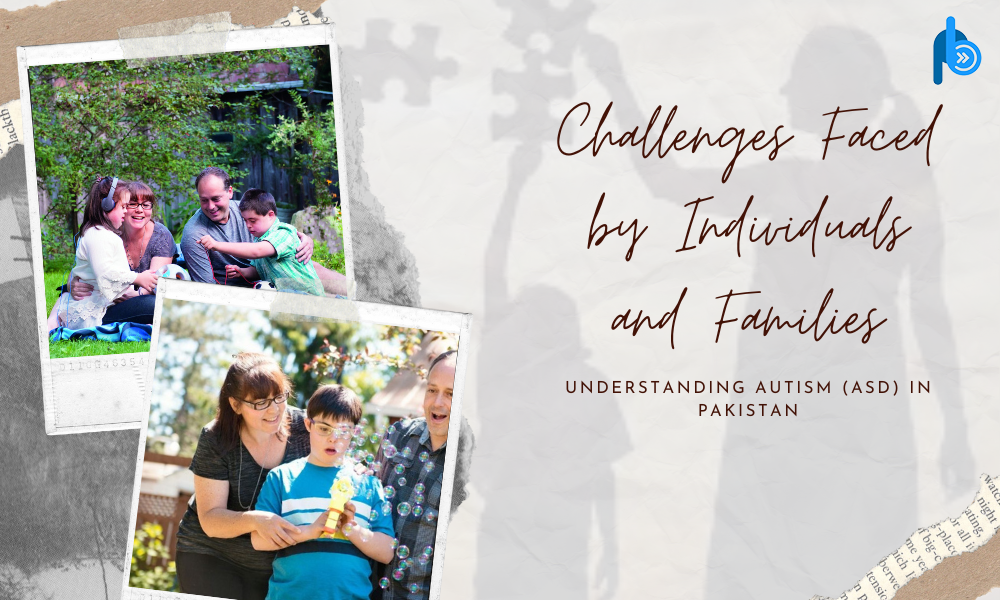
For families with autistic children in Pakistan, every day may be a new day of challenges and successes. From overcoming sensory sensitivities to meltdowns, to promoting inclusive education and job opportunities parents and caregivers of people who suffer from autism frequently find themselves facing a path that is full of challenges and uncertainty. Access to specialist services such as speech therapy occupational therapy and other behavioral interventions is often limited if not
Unavailable in many areas of the country, which puts more pressure on families who are already struggling to provide for their loved family members.
Additionally, social norms and beliefs about autism may create feelings of marginalization and isolation which can lead to an absence of acceptance and support in the community. People with autism are likely to face discrimination, bullying, and discrimination in a variety of situations, which hinders their participation in education, social or vocational activities. This is why many people who have autism in Pakistan feel invisible as well as misunderstood and rejected from the world.
Promoting Acceptance and Inclusion:
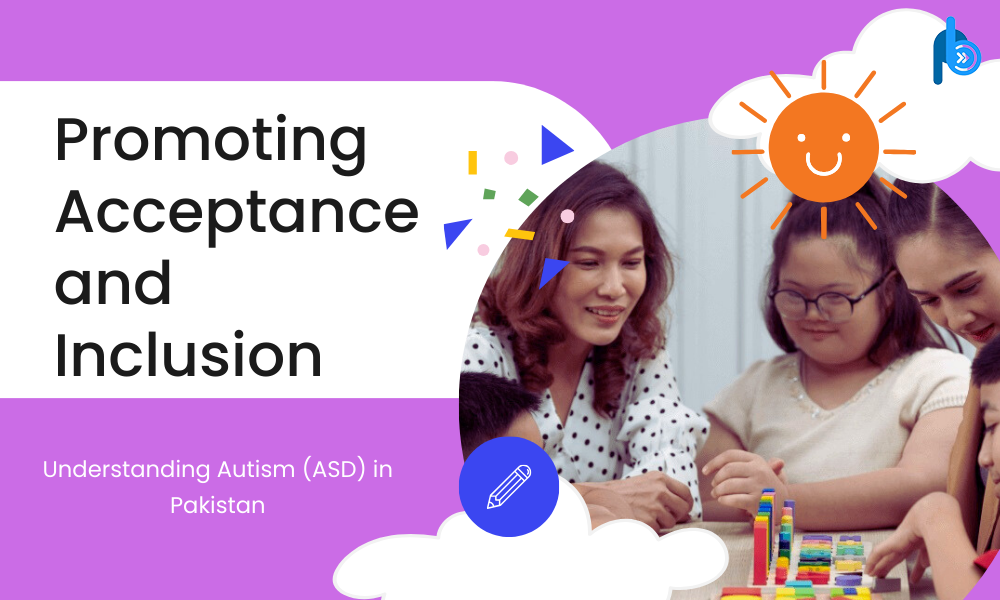
Despite the obstacles however, there is a bright future in the near future for people who suffer from Autism in Pakistan. As autism awareness in Pakistan increases and efforts to advocate for them obtain momentum, there is a growing acceptance of the need to promote acceptance, inclusion and empowerment for people with autism. The grass-roots groups as well as advocacy groups and community-based initiatives are working hard to create autism awareness in Pakistan, fight stigma and offer assistance and resources for those and their families affected by autism.
In recent times there has been a rising importance for inclusive educational opportunities in Pakistan and efforts are underway in order to warrant the children who have autism or other disabilities receive high-quality education in schools that are mainstream. In addition, initiatives aimed at increasing vocational training and employment opportunities for those who have autism are taking off which is paving the way for more independence and self-sufficiency.
Additionally the power of telling stories and personal stories cannot be overemphasized when it comes to fostering compassion and understanding towards people with autism. By sharing their personal stories as well as their triumphs and struggles those living with autism, as well their loved ones are breaking through the barriers in their lives, dispelling stereotypes, and encouraging others to celebrate diversity and neurodiversity.
Stories of Strength and Resilience:
From musicians and artists to advocates and entrepreneurs, people with autism are making an impression on the world by defying expectations and displaying their talents for the world to observe. Through their experiences and voices, they are paving the way to a more welcoming society in which anyone, regardless of their ability, can flourish.
There is no curative treatment for autism, and management involves therapies that help develop social, communication, and academic skills. Medication can help with specific symptoms or comorbidities.
Early initiation of speech therapy multiple times a week, ideally before age 3, along with developing communication skills through signing and picture/symbol cards, is recommended. Physical and occupational therapy can help develop gross and fine motor skills. Testing for academic performance, remedial tuition, individualized academic plans, and resource teachers for individualized help in a regular school are other ways to support individuals with autism.
Therapies aimed at developing social skills, such as Applied Behavioral Analysis (ABA), are used to teach social norms to children. However, Pakistan’s collectivistic culture, with larger families and extended family living setups, can aid in the social development of autistic children by involving family members. Specific social skills can be divided among individual family members, allowing each to contribute to the child’s social growth.
Looking Ahead: Towards a More Inclusive Future
In the near future, we must acknowledge that the process of acceptance and inclusion is still in progress. Although there has been progress, there’s much work to be completed to warrant that those who suffer from autism in Pakistan are provided with the support as well as the resources and opportunities that they require to succeed. From advocating for changes to policies and expanding the accessibility to healthcare and education to creating an atmosphere of understanding and empathy, everyone can play a part in ensuring a more inclusive society where all people regardless of their abilities are able to live their lives with respect, dignity and happiness.
Relatable Blog from this Author:
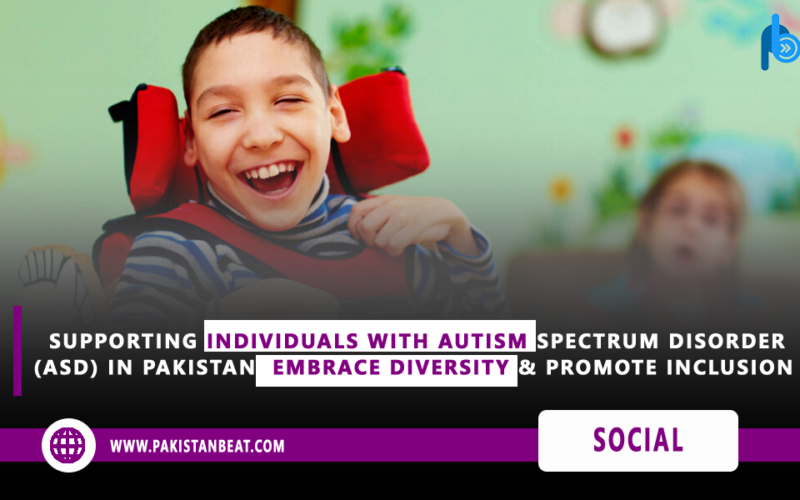














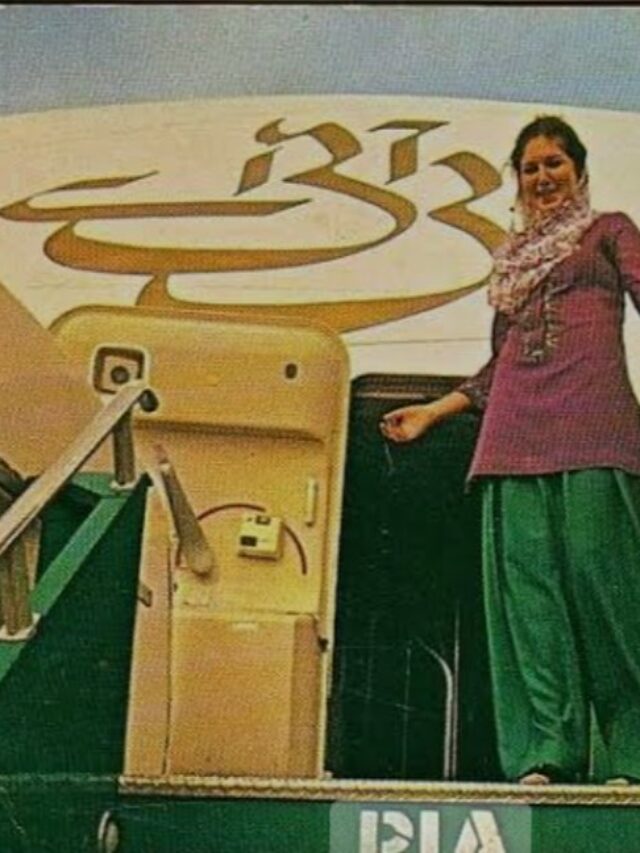





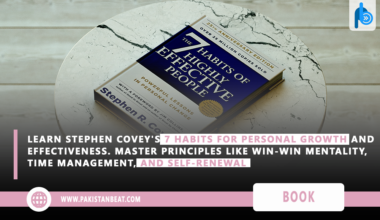




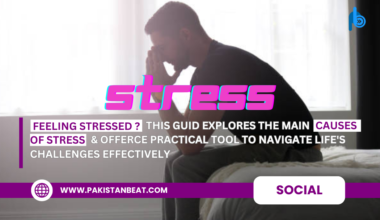

1 comment